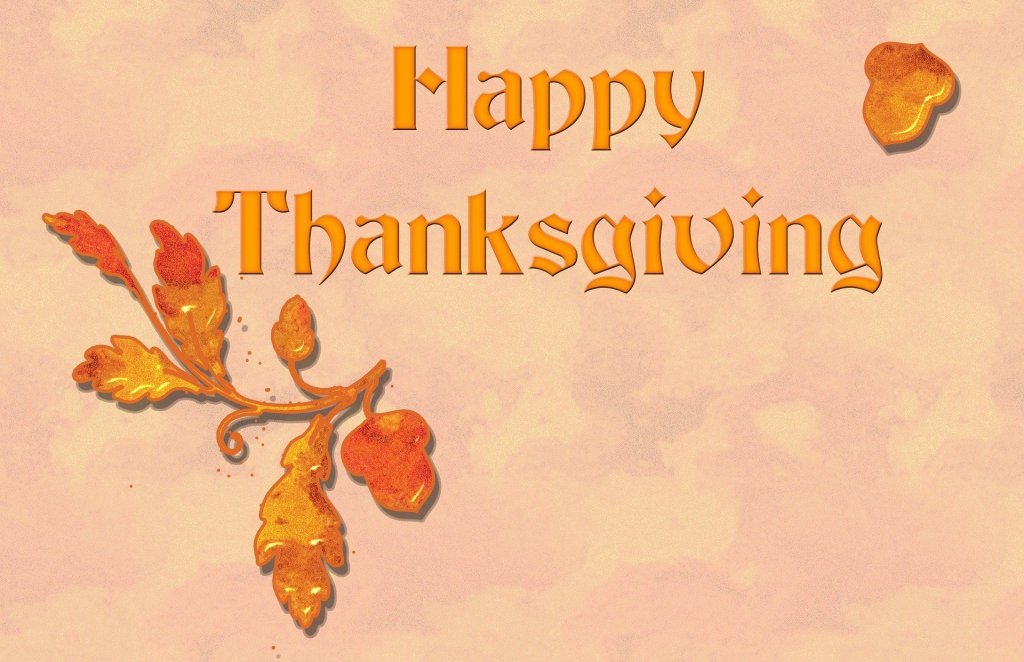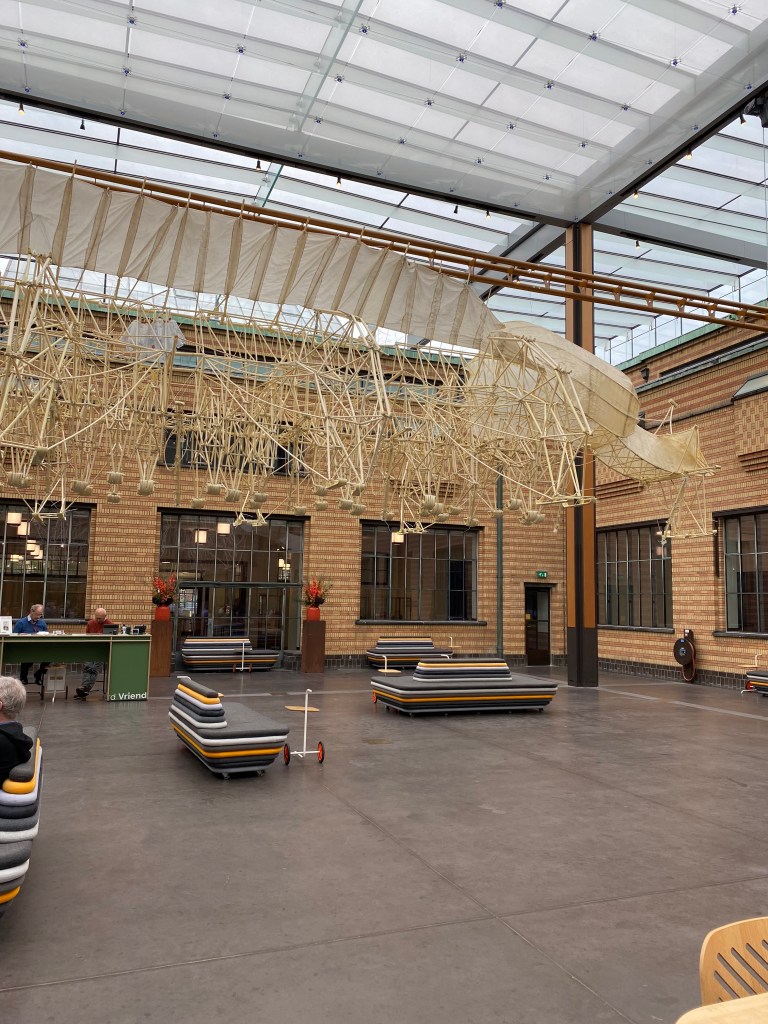Perhaps it is the approach of the year’s end that is causing me to write posts about ‘progress’ at the moment. Over the past year or so, I have written a few times on here about a book I am currently writing, a novel with the working title ‘Flood’. In a little under three months’ time (on the 31st of January 2023) in some parts of the country (and in the Netherlands) commemorations will take place for the victims of the 1953 flood disaster. The devastating events of one night saw more than 300 people killed in east coast communities of England and Scotland, a further 230 deaths at sea, and more than 1,800 in the Netherlands and Belgium.
My novel is set in Canvey Island in Essex, a place I was familiar with as a child, having grown up in the east of London. Canvey was one of the worst affected communities and as a place it fascinates me, due in part, I think, to the fact that it bears some similarities to Zeeland in the Netherlands, a place I know well and which is very special to me.

I dialled back my paid work (I’m self-employed) over the spring and summer both to support my two daughters during their exams and to put some serious time into writing the novel. I managed about half of it in that time, and the other half has been squeezed out over the last three months. I am happy to report that I have almost finished the first draft. Hallelujah! It’s been tough work though and I found there were some gaps in my knowledge as I went along.
I paid a further research visit to Canvey a few weeks ago and met with some wonderful ladies running the Canvey Island Heritage Centre (which has been closed on both my previous visits) who let me look through their archive of material about the flood. The staff in the local library were also extremely helpful.

I had hoped to get hold of a copy of a book while I was there, called The Great Tide: the story of the 1953 flood disaster in Essex by Hilda Grieve, which was published by Essex County Council in 1959. Grieve was a council employee, a researcher and historian and her book is considered to be the seminal account of the disaster. It is almost 900 pages long and gives a detailed account of the maritime history of the coastal and river communities affected by the flood, the meteorological phenomena present on that terrible night, as well as the evolution of the storm and its progress from its Atlantic source, around the coast of Scotland (many fishers lost their lives that night too), and then down the east coast of England, climaxing at the Thames estuary. I hoped to be able to consult a reference copy of the book in Canvey library, but alas they did not have one (much to their own astonishment!). Not having time to go to another library which did have it in stock, I found myself purchasing a copy. At £50, I had been reluctant, but now that I have it I realise what a treasure it is. What is so amazing to me is how the author has managed to combine a factual historical account with the real-life human stories. Her hour by hour description of the rising tides at each point along the coast, the growing alarm of people employed to monitor high tides, the warnings being sent to police stations, and then the impacts on individuals is thoroughly gripping. The book is both a work of some scholarship and a poignant tribute to the suffering of those affected.
The next stage of the work on my book is to re-read and edit it. This process can often be harder ad just as time-consuming as writing the first draft. I hope not! When I first conceived this project, a few years ago now, I had hoped that I might find a publisher in time for the 70th anniversary. Alas, that will not be the case now, but there is a chance it could still come out in 2023. My research into the industry (and my awareness of how spectacularly difficult it is for a debut author to get a publishing deal) is making me consider self-publishing, but I need to find out a bit more about that. I wonder if anyone reading this has any experience or advice about self-publishing or e-publishing?
Whatever happens, writing this book was my biggest project for 2022, and I am satisfied with what I have accomplished. When you approach the end of the year (or sometimes even the end of the week!) it can be easy to get frustrated about what you haven’t done, or about goals missed. We have to remember that there is fun, fulfilment, learning and real achievement in the journey too, and looking at how far one has come is more productive than how far one has still to go. I hope we can all remember this as we reflect on 2022.
It has not escaped my attention that today is Thanksgiving in the United States. I’ve always loved the idea of this festival and wish we had something similar on this side of the Atlantic. So, Happy Thanksgiving to my American friends and family!


